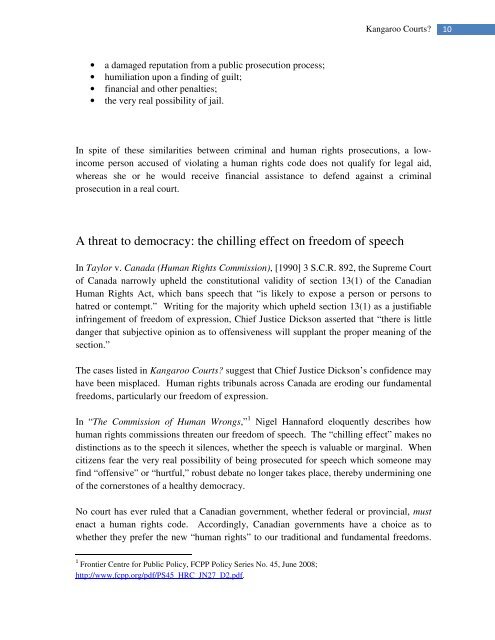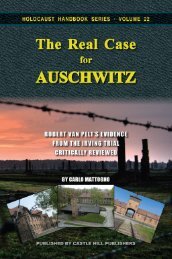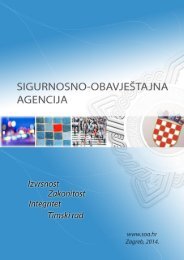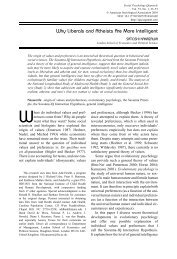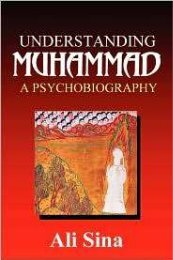Kangaroo-Courts
Kangaroo-Courts
Kangaroo-Courts
Create successful ePaper yourself
Turn your PDF publications into a flip-book with our unique Google optimized e-Paper software.
<strong>Kangaroo</strong> <strong>Courts</strong>?<br />
10<br />
• a damaged reputation from a public prosecution process;<br />
• humiliation upon a finding of guilt;<br />
• financial and other penalties;<br />
• the very real possibility of jail.<br />
In spite of these similarities between criminal and human rights prosecutions, a lowincome<br />
person accused of violating a human rights code does not qualify for legal aid,<br />
whereas she or he would receive financial assistance to defend against a criminal<br />
prosecution in a real court.<br />
A threat to democracy: the chilling effect on freedom of speech<br />
In Taylor v. Canada (Human Rights Commission), [1990] 3 S.C.R. 892, the Supreme Court<br />
of Canada narrowly upheld the constitutional validity of section 13(1) of the Canadian<br />
Human Rights Act, which bans speech that “is likely to expose a person or persons to<br />
hatred or contempt.” Writing for the majority which upheld section 13(1) as a justifiable<br />
infringement of freedom of expression, Chief Justice Dickson asserted that “there is little<br />
danger that subjective opinion as to offensiveness will supplant the proper meaning of the<br />
section.”<br />
The cases listed in <strong>Kangaroo</strong> <strong>Courts</strong>? suggest that Chief Justice Dickson’s confidence may<br />
have been misplaced. Human rights tribunals across Canada are eroding our fundamental<br />
freedoms, particularly our freedom of expression.<br />
In “The Commission of Human Wrongs,” 1 Nigel Hannaford eloquently describes how<br />
human rights commissions threaten our freedom of speech. The “chilling effect” makes no<br />
distinctions as to the speech it silences, whether the speech is valuable or marginal. When<br />
citizens fear the very real possibility of being prosecuted for speech which someone may<br />
find “offensive” or “hurtful,” robust debate no longer takes place, thereby undermining one<br />
of the cornerstones of a healthy democracy.<br />
No court has ever ruled that a Canadian government, whether federal or provincial, must<br />
enact a human rights code. Accordingly, Canadian governments have a choice as to<br />
whether they prefer the new “human rights” to our traditional and fundamental freedoms.<br />
1 Frontier Centre for Public Policy, FCPP Policy Series No. 45, June 2008;<br />
http://www.fcpp.org/pdf/PS45_HRC_JN27_D2.pdf.


